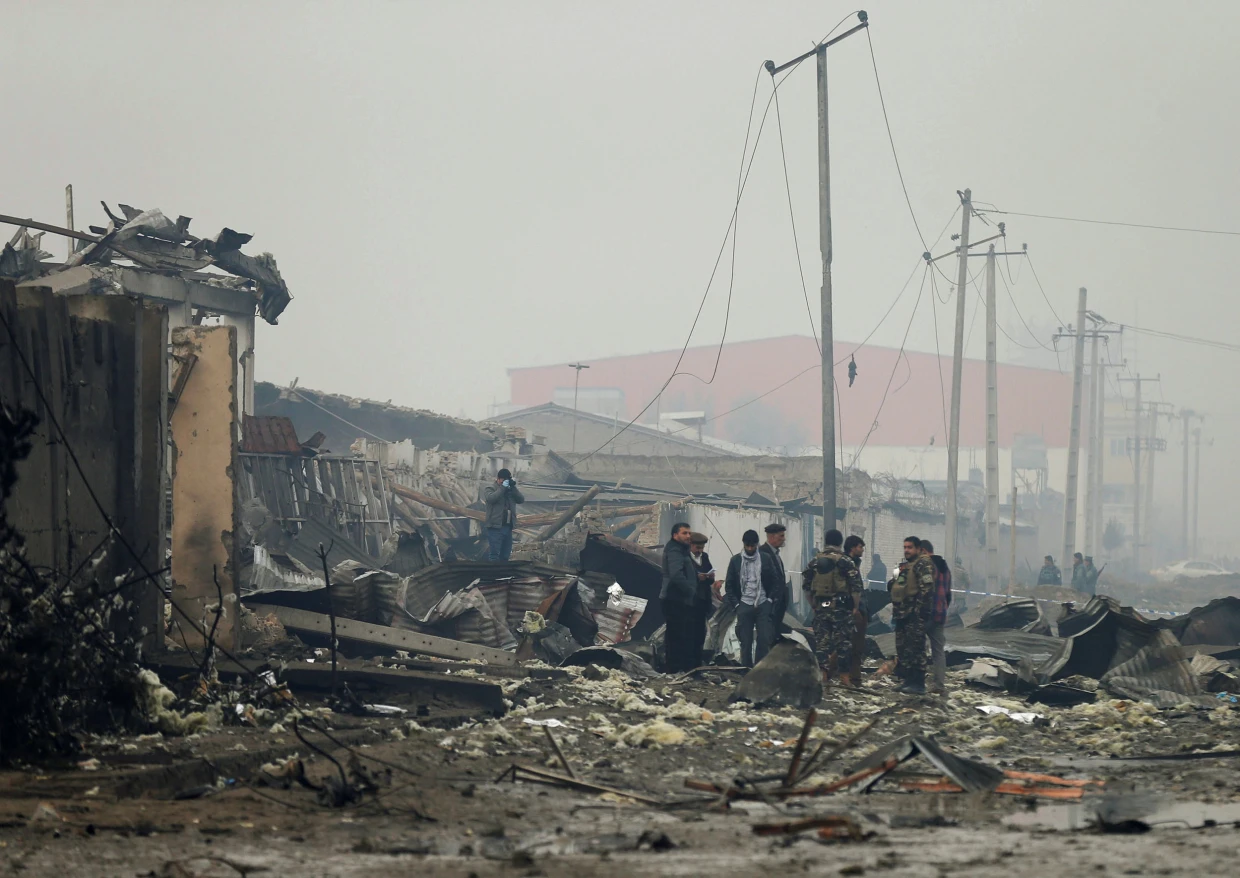The Foreign Office on Thursday doubled down on its allegations that recent terrorist attacks in Pakistan originated from Afghanistan, while firmly denying any engagement in talks with the Tehreek-i-Taliban Pakistan (TTP).
“Our law enforcement authorities have established links between recent terrorist incidents and individuals associated with the TTP or its affiliates, who are believed to have hideouts within Afghanistan,” said Foreign Office Spokesperson Mumtaz Zahra Baloch during a weekly media briefing.
Ms Baloch emphasised that Pakistan’s public and diplomatic responses were grounded in facts verified by security and law enforcement agencies.
She was countering claims by Afghan Taliban spokesman Zabihullah Mujahid, who had labeled Islamabad’s assertions of an Afghan link to the Dera Ismail Khan attack as “baseless”.
In the Daraban attack, approximately 60 kilometers from Dera Ismail Khan, 24 Pakistani soldiers were martyred.
Tehreek-i-Jihad Pakistan, a TTP affiliate, claimed responsibility for the attack on a military base.
Responding to Mujahid’s statement that the interim Afghan govern-ment would investigate the attack if provided with details by Pakistan,
Ms Baloch insisted on more than just an investigation.
“We expect them to take effec-tive, concrete action against these terrorist groups and to extradite the perpetrators and TTP leadership to Pakistan,” she said.
Addressing rumours of potential Pakistani action against TTP sanctuaries in Afghanistan, the spokesperson would not speculate on any further steps that Pakistan may take in future.
She expressed Pakistan’s desire for “positive, friendly relations with Afghanistan”, highlighting ongoing efforts in facilitating trade and humanitarian aid.
However, she noted that the threat from TTP and its affiliated groups in Afghanistan remained a significant obstacle to expansion of ties.
Regarding rumours of secret negotiations with the TTP in a third country, Ms Baloch categorically denied such reports.
“There is absolutely no dialogue taking place,” she claimed.
These rumors originated from a social media video where a journalist claimed that Pakistan was negotiating with the TTP in a third country, facilitated by the Afghan Taliban.
The National Security Committee, Pakistan’s principal national security decision-making body, had previously denounced the former leadership’s policy of negotiating with the TTP.
In a meeting in April, it had resolved to confront the terrorist group with the state’s full force.
Despite earlier attempts at engaging with the TTP, including offers of rehabilitation for fighters and their families in exchange for abiding by the Constitution and abandoning militancy, these efforts have been unsuccessful.
The TTP has not only persisted in its attacks but also expanded its operations across the country.
The NSC’s position, therefore, reflected its aversion to new ceasefires or peace agreements unless they ensured the disbandment of the TTP and the elimination of its support base both within and outside Pakistan.

